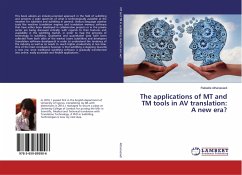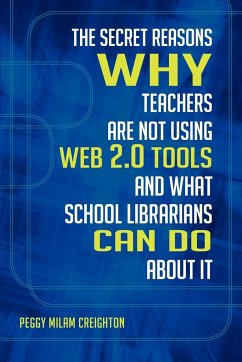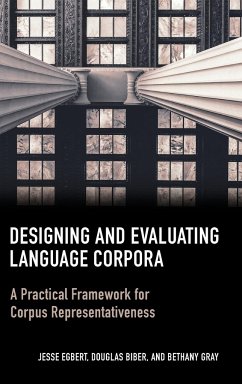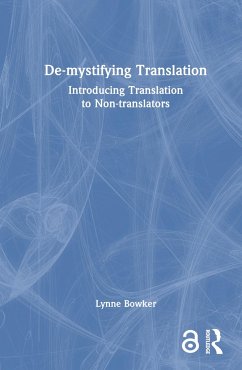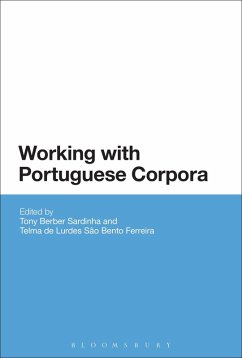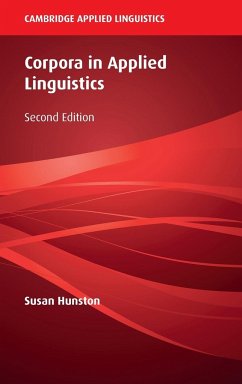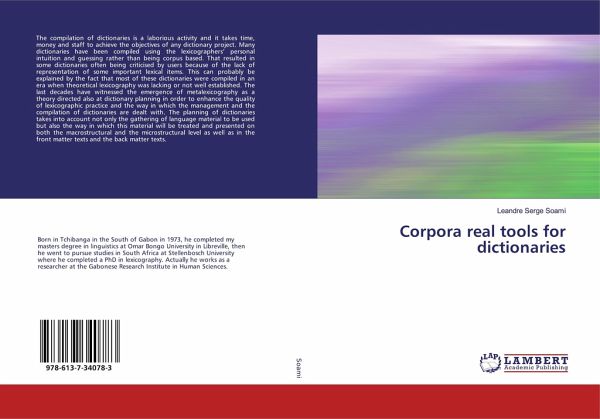
Corpora real tools for dictionaries
Versandkostenfrei!
Versandfertig in 1-2 Wochen
58,99 €
inkl. MwSt.

PAYBACK Punkte
29 °P sammeln!
The compilation of dictionaries is a laborious activity and it takes time, money and staff to achieve the objectives of any dictionary project. Many dictionaries have been compiled using the lexicographers' personal intuition and guessing rather than being corpus based. That resulted in some dictionaries often being criticised by users because of the lack of representation of some important lexical items. This can probably be explained by the fact that most of these dictionaries were compiled in an era when theoretical lexicography was lacking or not well established. The last decades have wit...
The compilation of dictionaries is a laborious activity and it takes time, money and staff to achieve the objectives of any dictionary project. Many dictionaries have been compiled using the lexicographers' personal intuition and guessing rather than being corpus based. That resulted in some dictionaries often being criticised by users because of the lack of representation of some important lexical items. This can probably be explained by the fact that most of these dictionaries were compiled in an era when theoretical lexicography was lacking or not well established. The last decades have witnessed the emergence of metalexicography as a theory directed also at dictionary planning in order to enhance the quality of lexicographic practice and the way in which the management and the compilation of dictionaries are dealt with. The planning of dictionaries takes into account not only the gathering of language material to be used but also the way in which this material will be treated and presented on both the macrostructural and the microstructural level as well as in the front matter texts and the back matter texts.



